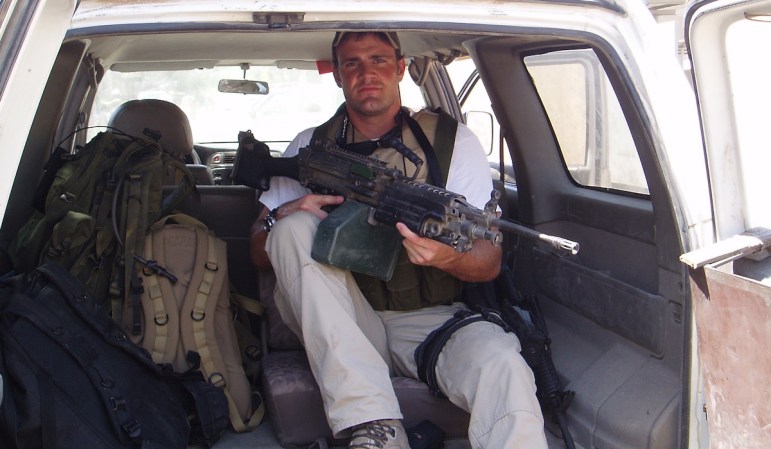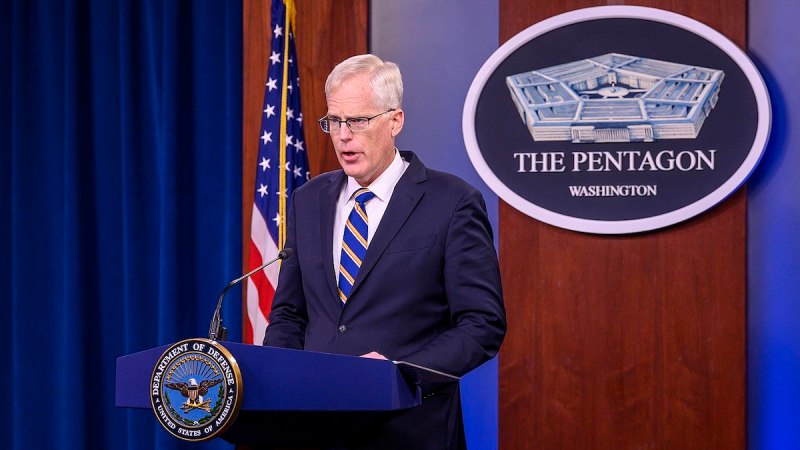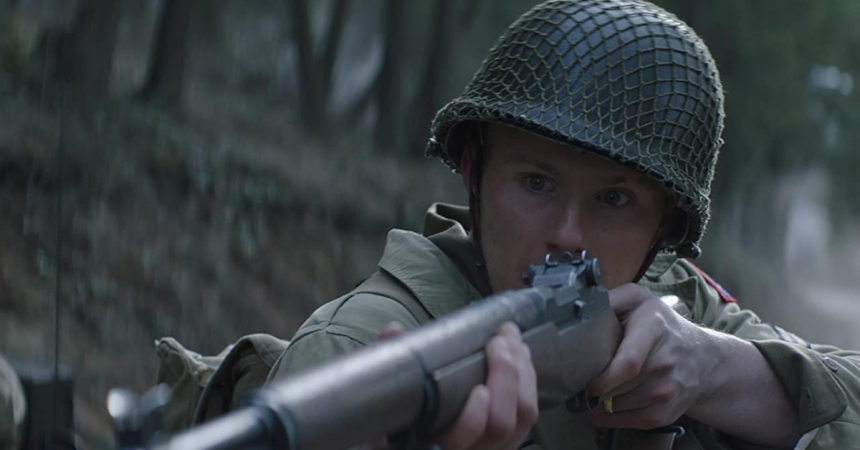Jimmy Ward was a 22-year-old pilot when he received the Victoria Cross. World War II had been ongoing for a year and the British Empire stood alone against Axis-occupied Europe. Things looked grim as a whole, but small time pilots with stories like Sgt. Ward’s added up to a lot in the end.

The New Zealander was flying with his crew back from a raid on Münster, in northeast Germany. The resistance was light; there were few search lights and minimal flak. He was the second pilot, positioned in the astrodome of his Wellington bomber when an enemy interceptor came screaming at them, guns blazing.
An attacking Messerschmitt 110 was shot down by the rear gunner before it could take down the plane, but the damage was done. Red-hot shrapnel tore through the airframe, the starboard engine, and the hydraulic system. A fire suddenly broke out on the starboard wing, fed by a fuel line.

After putting on their chutes in case they had to bail, the crew started desperately fighting the fire. They tore a hole in the fuselage near the fire so they could get at the fire. They threw everything they had at it, including the coffee from their flasks.
By this time, the plane reached the coastline of continental Europe. They had to decide if they were going to try to cross over to England or go down with the plane in Nazi-occupied Holland. They went for home, preferring a dip in the channel to a Nazi prison camp.
That’s when Sgt. James Ward realized he might be able to reach the fire and put it out by hand. His crewmates tied him to the airplane as he crawled out through the astrodome and tore holes in the plane’s fuselage to use as hand holds as he made his way to the fire on the wing.

He moved four feet onto the wing, avoiding being lifted away by the air current or rotor slipstream and being burned by the flaming gas jet he was trying to put out. He only had one hand free to work with because the other was holding on for dear life.
Ward smothered the fire on the fuel pipe using the canvas cockpit cover. As soon as he finished, the slipstream tore it from his hands. He just couldn’t hold on any longer.
With the fire out, there was nothing left to do but try to get back inside. Using the rope that kept him attached to the aircraft he turned around and moved to get back to the astrodome. Exhausted, his mates had to pull him the rest of the way in. The fire flared up a little when they reached England, but died right out.
Prime Minister Winston Churchill personally awarded Sgt. Ward the Victoria Cross a month later.
“I can’t explain it, but there was no sort of real sensation of danger out there at all,” Ward later said. “It was just a matter of doing one thing after another and that’s about all there was to it.”
Read Ward’s story in his own words.

























